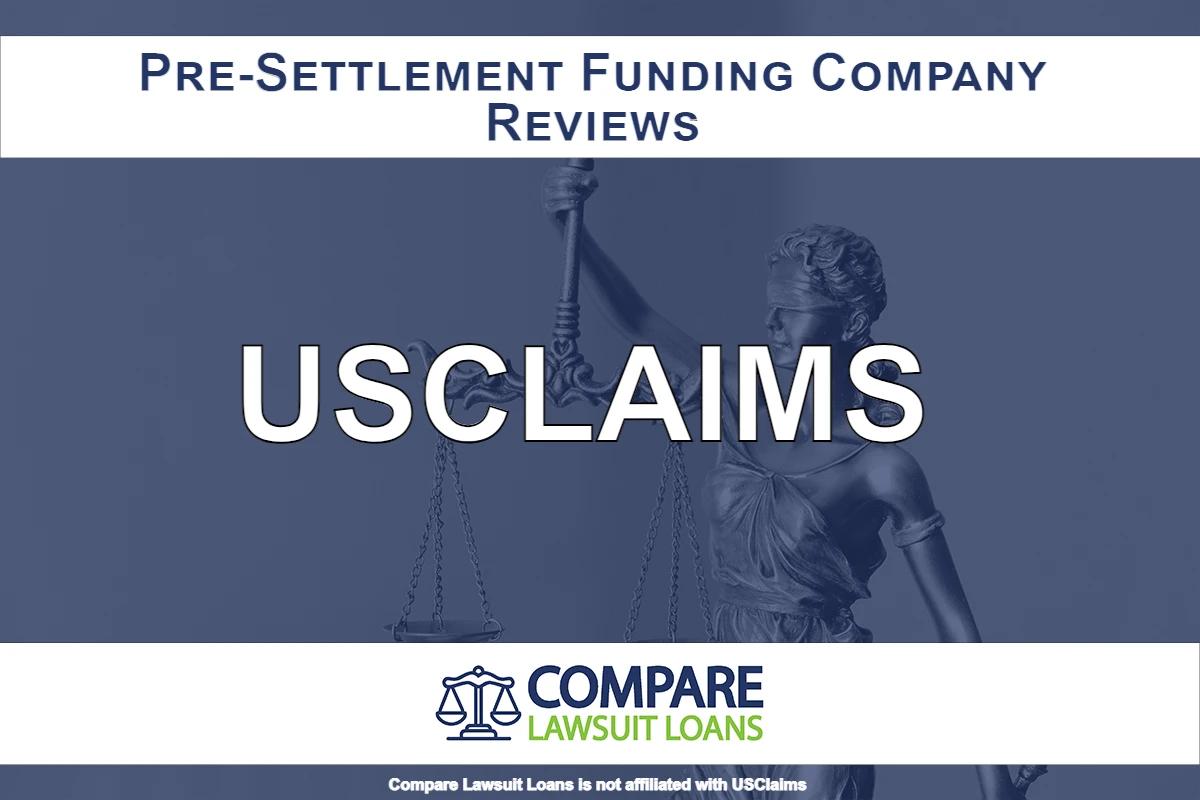Updated on 1/16/2025
This article helps plaintiffs and attorneys alike learn more about lawsuit loans and alternatives in Colorado. Below you will find the following information:
Lawsuit loan companies serving Colorado
Below you will find a list of companies that provide funding in Colorado. We highlight lawsuit loan companies we recommend, as well as local and regional funding companies where applicable.
Recommended lawsuit loan companies funding Colorado residents
We recommend the following companies for plaintiffs residing in Colorado.
Our pick for low rate lawsuit loans

USClaims offers some of the lowest, non-compounding rates in the industry. Many companies claim to offer “the lowest rates in the industry” – we recommend comparing them against an offer from USClaims to see for yourself.
See our full list of recommended companies here.
Lawsuit funding laws, regulation, and relevant ethics opinions in Colorado
Colorado common law dictates that lawsuit loans are traditional loans subject to Colorado’s UCCC. Interest rate caps apply to advances under $75,000. Few funding companies provide advances in Colorado for amounts less than $75,000 and few cases qualify for advances in excess of $75,000.
Laws regarding lawsuit loans in Colorado
The Colorado UCCC indicates that it pertains to advances under $75,000 (C.R.S. 5-1-301) and limits interest rate charges to the maximum of the following interest rate schemes “a” and “b”: “(a) The total of (I) Thirty-six percent per year on that part of the unpaid balances of the amount financed that is one thousand dollars or less; (II) Twenty-one percent per year on that part of the unpaid balances of the amount financed that is more than one thousand dollars but does not exceed three thousand dollars; and (III) Fifteen percent per year on that part of the unpaid balances of the amount financed that is more than three thousand dollars.” and “(b) Twenty-one percent per year on the unpaid balances of the amount financed.” (C.R.S. 5-2-201)
Source: Colorado Revised Statutes Title 5 – Consumer Credit Code
Legal funding case law in Colorado
Oasis Legal Finance Group, LLC v. Suthers was an appeal of the court’s decision that Oasis Legal Finance Group’s and Plaintiff Funding Holding’s advances were loans. The appellate court upheld this ruling. Pre-settlement funding in South Carolina is regulated as a loan and subject to Colorado’s UCCC.
Source: Oasis Legal Finance Group LLC v. Coffman
Can a lawyer lend money to a client in Colorado?
In Colorado, attorneys cannot grant any funding to plaintiffs, even in emergency situations.
Source: Colorado Rules of Professional Conduct Rule 1.8(e)
Can attorneys help clients receive lawsuit loans in Colorado?
While Colorado lawyers may not make nor guarantee loans to clients, most legal lending contracts do not require a guarantee by a lawyer.
Source: Colorado Rules of Professional Conduct Rule 1.8(e)
Lawsuit loan alternatives in Colorado
Lawsuit loans are expensive. Plaintiffs in Colorado should exhaust all other options before seeking legal funding. Check out the local resources below for some ideas:
- Colorado Benefits Assistance Dashboard – this dashboard offers a ton of resources that may be helpful in your time of need. Click above to see which apply. Some of the programs included below are particularly relevant.
- Colorado Works (TANF) – this program offers temporary cash assistance to Colorado residents in all 64 counties. Primary eligibility factors include being a legal Colorado resident with a dependent child and income guidelines.
- Supplemental Nutrition Assistance Program (SNAP) – helps low-income households pay for food. You may qualify for SNAP if you are a resident of Colorado and have an income less than 200% of the Federal Poverty Level (FPL).
- Colorado Low-income Energy Assistance Program (LEAP) – helps low-income families pay for utilities. You might qualify for this program if your income is less than 60% of Colorado’s median income level.
- Colorado Disability Determination Services – if you are seriously injured as a result of your accident, you may qualify for disability. This agency helps determine whether or not you qualify. Basically, if you are injured and unable to work for at least 12 months, you may qualify for disability payments.
- Colorado Emergency Rental Assistance Program (ERAP) – Colorado residents may qualify for emergency rental assistance. To qualify, you must make less than 80% of your region’s median income.